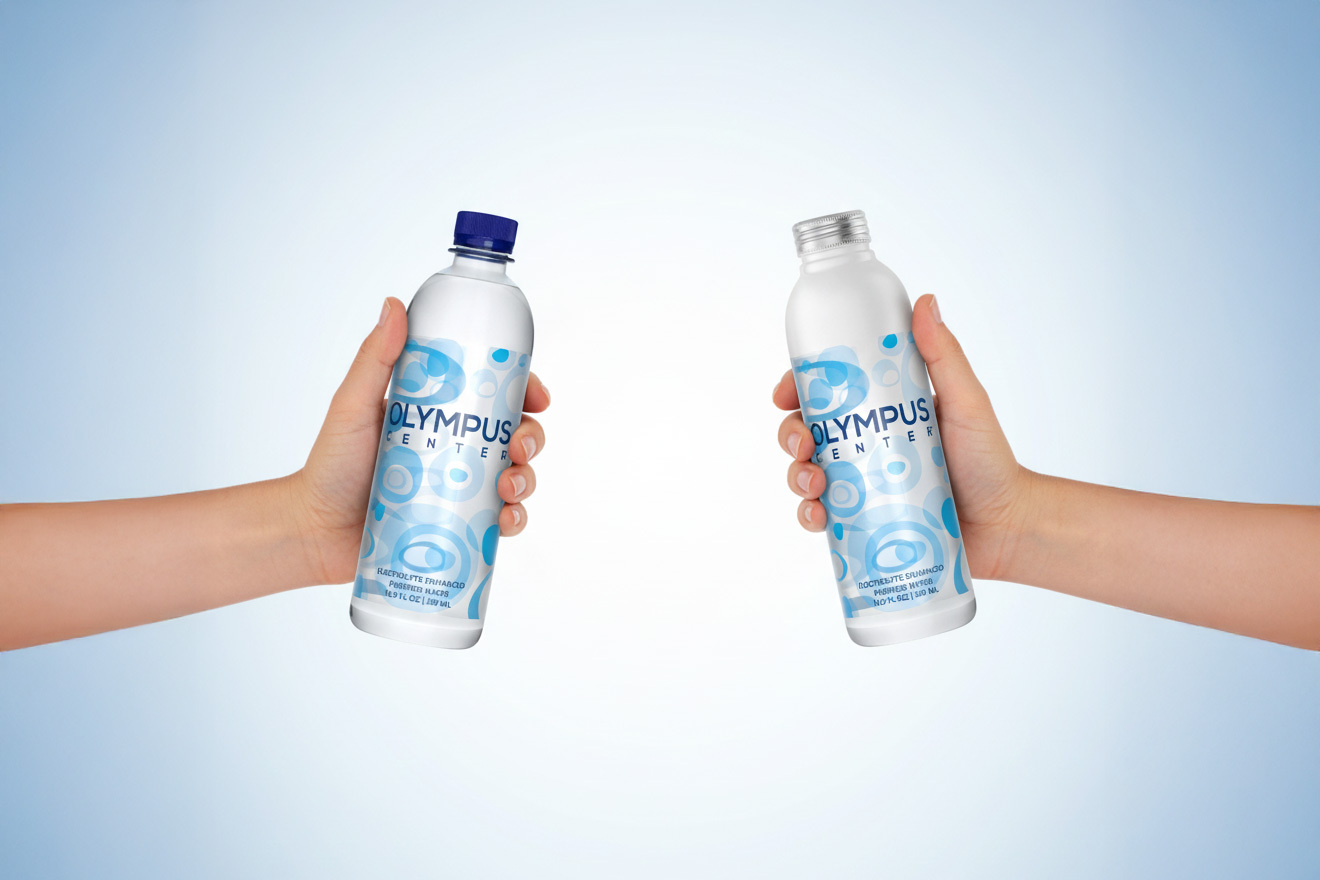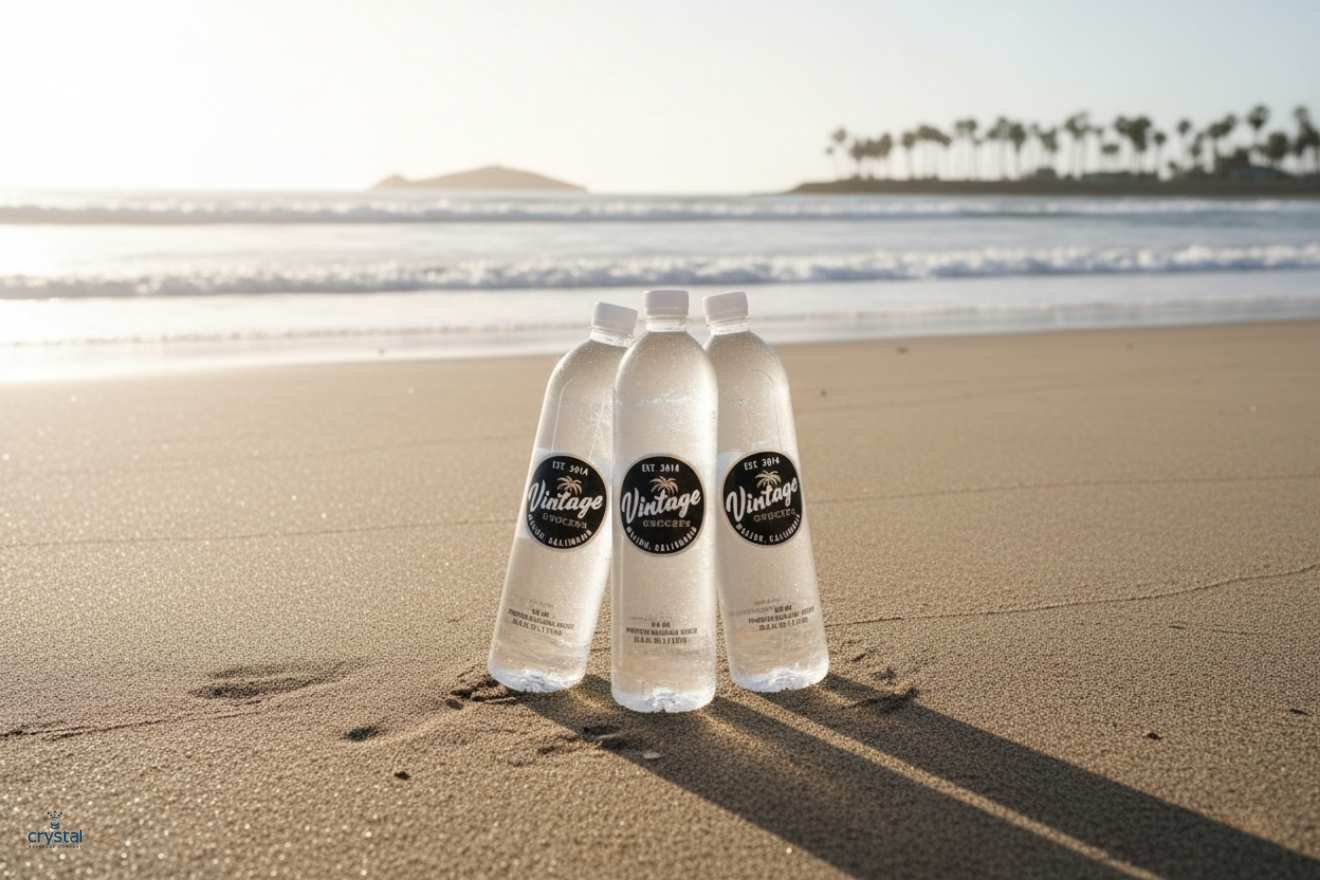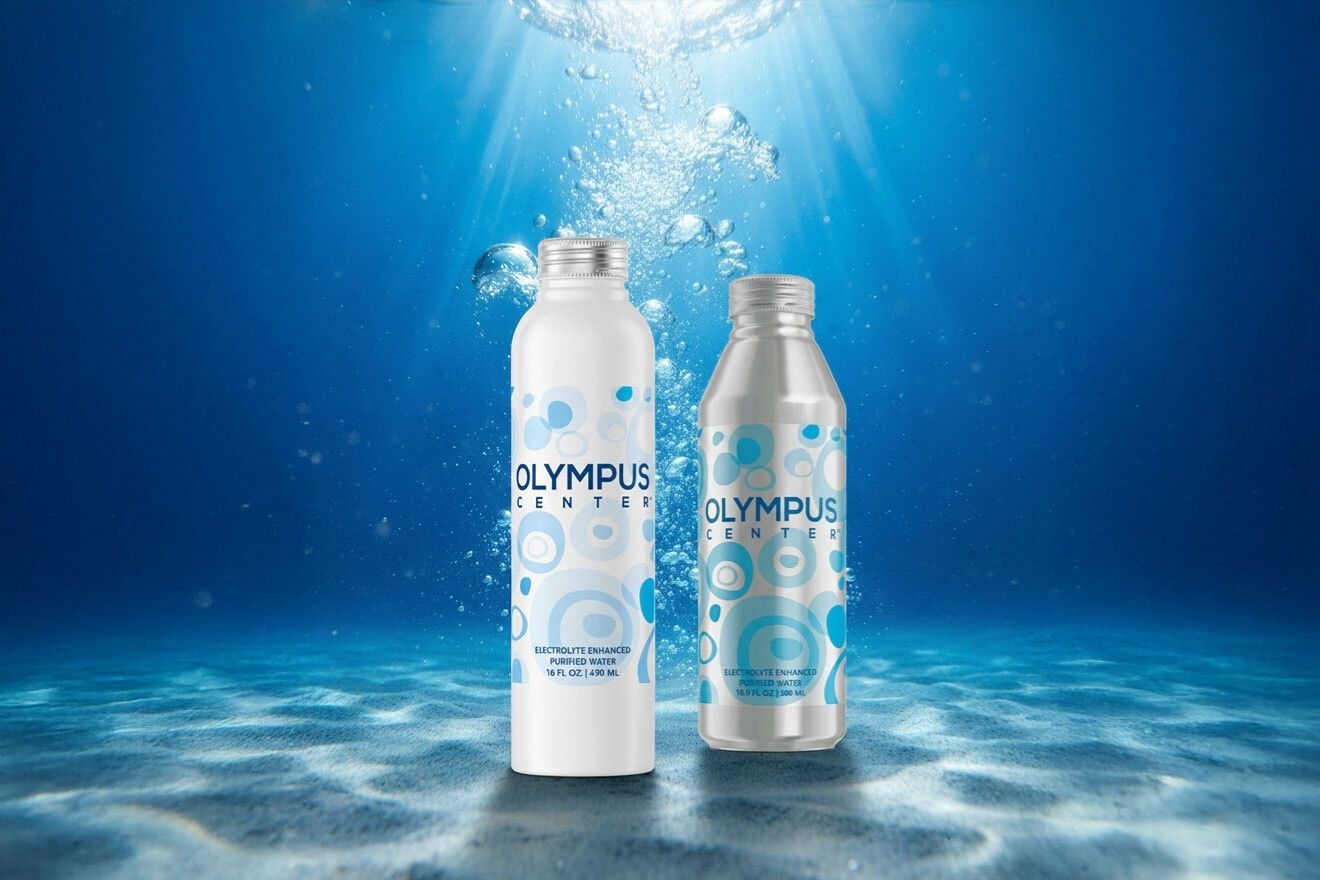What Are The Benefits Of Recycling Aluminum?


As one of the world’s most eco-friendly materials, aluminum is a valuable metal that is widely recognized for its environmental benefits and positive economic impact. According to the Aluminum Association, aluminum is the most recyclable out of all materials, with discarded aluminum being more valuable than any other item in the recycling bin.
With the public’s growing awareness and calls for improved manufacturing processes by environmental groups and activists, aluminum is certainly in a good position in the fight against solving the world’s environmental burdens.
HOW IS ALUMINUM RECYCLED?
Aluminum undergoes several recycling programs for different purposes. One of the most commonly recognized programs are curbside and municipal. In these recycling programs, waste items such as beverage cans, aluminum cans, aluminum foil materials, aluminum baking trays and pie pans are put through the recycling process.
The aluminum industry, undoubtedly a large and thriving one in the country, is known to actively support different initiatives and programs related to recycling. One of these programs is the Recycling Partnership — a program with the intention of increasing the participation in curbside recycling programs.
Did you know that more than 90 percent of the aluminum used in creating and building automotive parts is recycled at the end of use? These items are usually sent to different aluminum recyclers for the aluminum recycling process or the act of melting them down in the secondary production process.
THE BENEFITS OF RECYCLING ALUMINUM
From your favorite beverage containers to other forms of packaging, aluminum offers a number of products once it has been put through the recycling process. Due to the value and benefits of the material, it has solidified its position as one of the most-recycled metals and materials in the United States.
When compared to other materials, manufacturers and recyclers can count on aluminum to more than pay for its own recycling — this applies to both in the consumer and industrial waste stream. This is because the demand for the material continues to increase, a significant growth that can be attributed to the material’s economical and environmental efficiency — saving more than 90 percent of the energy required when producing new metal.
- Economical sustainability - Aluminum is widely considered to be a great choice for promoting good recycling practices but it also happens to be of good value for economical sustainability. This is because it’s one of the only materials that more than pays for its own recycling. This applies to both the consumer and industrial waste streams. Through this recycling process, businesses are able to rapidly propel their production and activities. In the beverage container industry for example, aluminum contains 3x more recycled content (73 percent) than any beverage container (glass has 23 percent and plastic has 3 percent).
- Increase of job opportunities - Because of aluminum’s sustainable nature and benefits, it has also directly impacted the size and economic impact of the entire industry. According to data provided by the Aluminum Association, 161,000 workers are directly employed in the industry. For each of these aluminum industry jobs, there are roughly 3.3 employment positions that are created elsewhere. Simply put, aluminum sustainability is driving competitive and lucrative business advantages while also creating different product development opportunities that allow businesses to grow and offer more jobs.
- Improved energy efficiency and standards - Innovations using aluminum have not only been limited to different containers and materials but in the field of infrastructure as well. The Capitol Area East End Building Complex, located in Sacramento, California, was awarded the state’s first-ever LEED certification for buildings. This certification was awarded to recognize the structure’s high-performance, non-reflective aluminum curtain wall. This aluminum curtain wall allows the building to cool its interior naturally, giving way to its well-earned distinction in leadership in energy and environmental design.
- Long-term sustainability - Another testament to aluminum’s status as a valuable recycling material is its time-tested reputation when it comes to long-term sustainability. The material first entered the mainstream product market in the U.S. as early as the 1900s. This was mainly done through the aluminum foil and aluminum packaging industry. To date, nearly 75 percent of all aluminum ever produced is still intact and in use.
- Industry success - For the aluminum industry, recycling is a vital part of every business’ operations. In the U.S. and Canada alone, the aluminum industry is able to recycle more than 5 million tons of aluminum annually. Most of these recycled products go back directly to the supply of the North American market. Since producing recycled aluminum is 92 percent more energy-efficient than making a new one, the industry is able to enjoy a double win for the businesses and the environment.
THE BOTTOMLINE
The growing trend of using recycled aluminum for a number of products — whether it be aluminum bottled water, packaging, and containers — is a win for both environmental and economic sustainability. With the number of benefits and values associated with the recycling, production and usage of aluminum materials, the industry is able to move closer to a more energy and fuel-efficient future.






